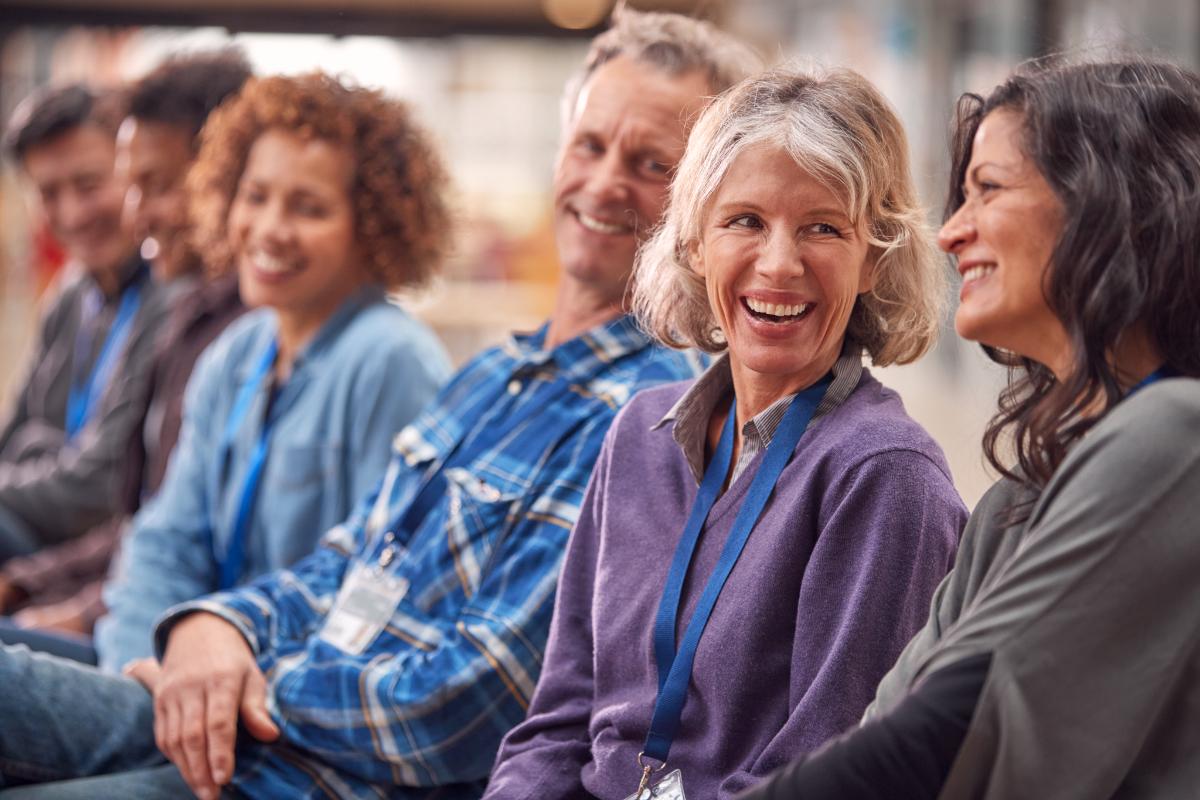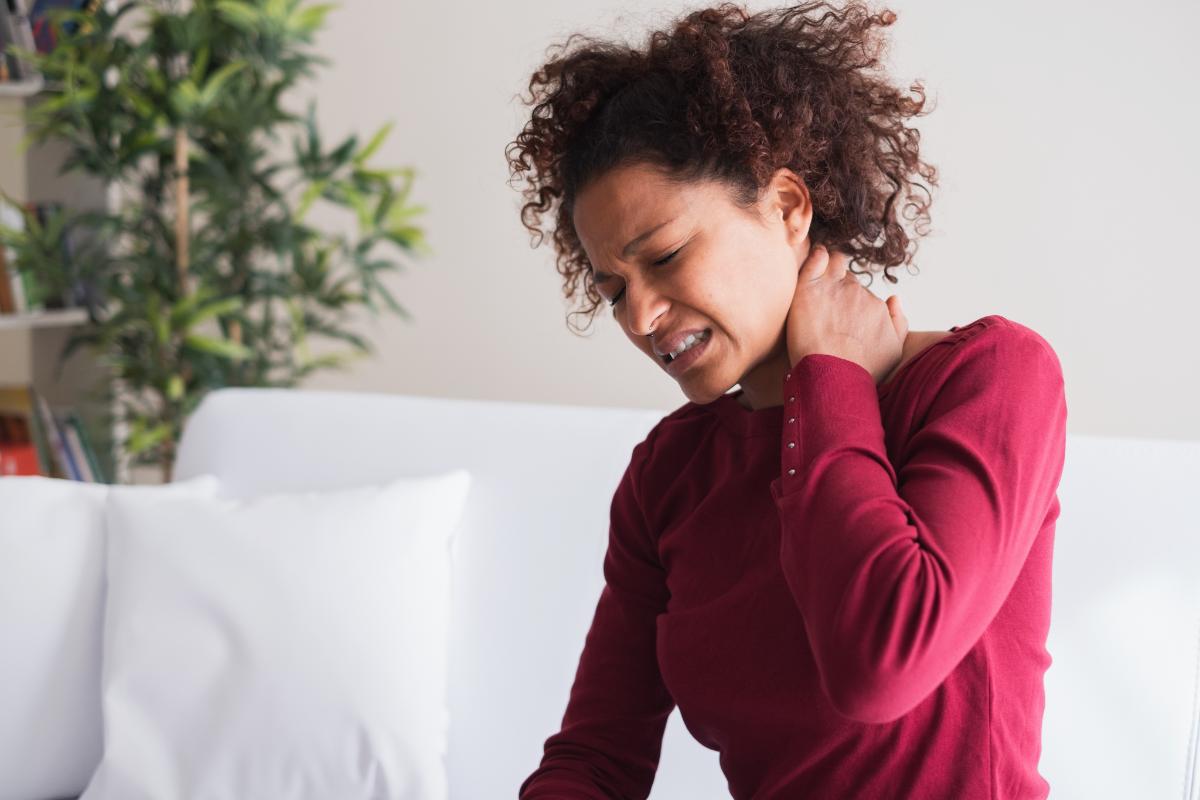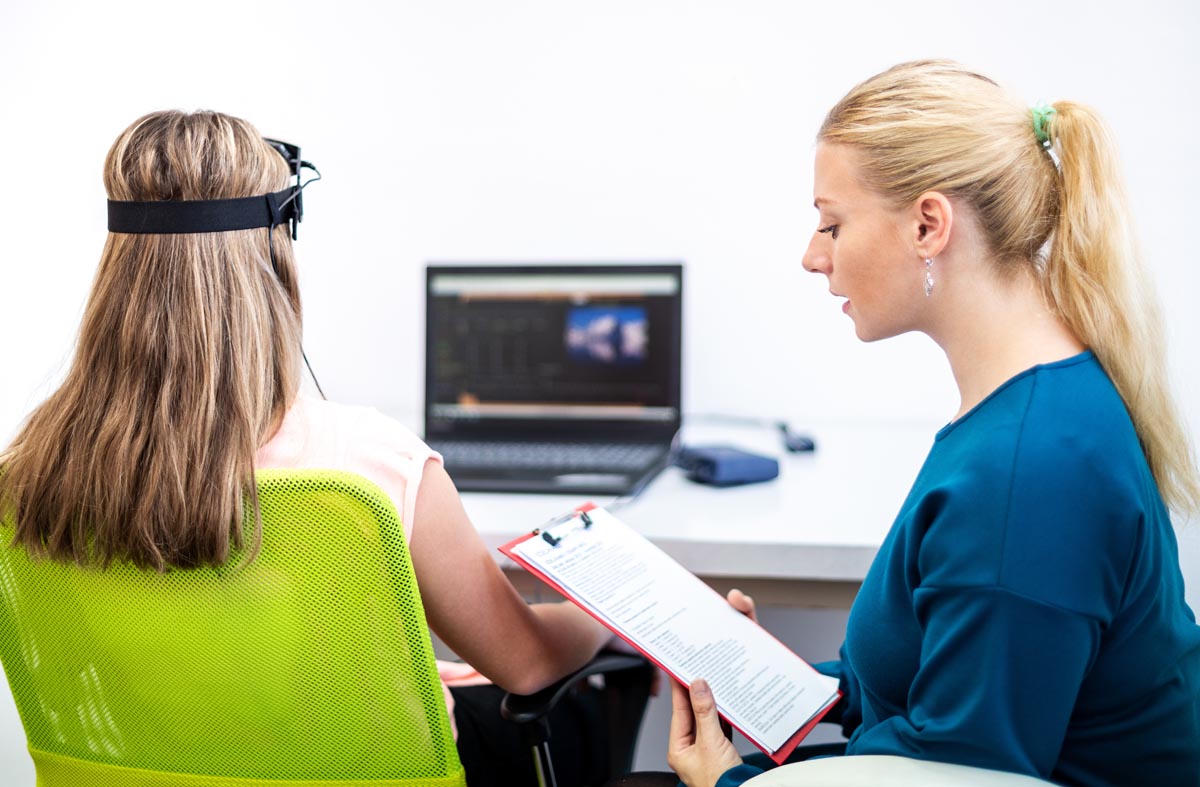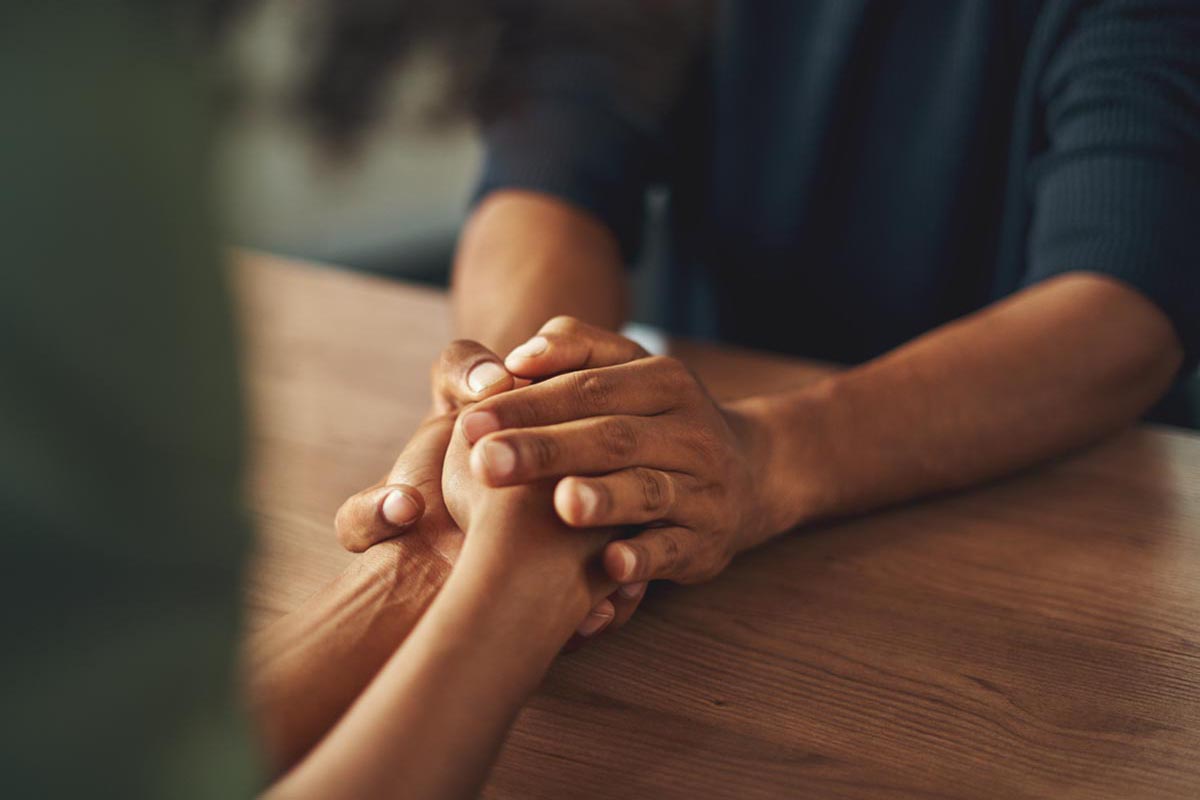On the journey to recovery, support is key. Addiction isolates—it isolates the individual from loved ones, from themselves, and from a life of joy. Every member of the family can also be impacted by addiction. Family therapy is a powerful tool that helps families to heal and recover together, creating strong and healthy relationships—essential for long-term wellness.
Family therapy works to address the underlying issues that contribute to addictive behaviors and mental health challenges. By working through family dynamics and interactions, it works to heal relationships and restore trust. It can also help families develop better communication skills, improve boundaries, and provide support for recovery.
If you’re looking for effective treatment, whether in the form of a dual diagnosis treatment program, women’s rehab program, or men’s rehab program near me, Colorado Medication Assisted Recovery offers care that includes family therapy to give you the best chance of sustained recovery.
What to Expect in Family Therapy
Family therapy can be a powerful tool for addiction and mental health treatment. It will involve everyone in the family, as well as any close friends or partners. The therapist will work with the family to identify the root causes of addictive behaviors, the role of each family member, and how to move forward in recovery.
The therapist may also address issues such as codependency, enabling of addictive behaviors, trauma, and communication. Family therapy can be done in a variety of formats, such as individual sessions with each family member, group sessions, and joint or family sessions.
The Benefits of Family Therapy
Family therapy has many benefits. Here are three primary benefits:
1. Improved Communication
Addiction can lead to feelings of guilt, shame, and resentment which can cause communication breakdowns between family members. Through family therapy, families learn how to communicate more effectively, listen to each other, and resolve conflicts.
Some of the strategies you might learn in family therapy to improve communication include:
- Reflective listening – This involves listening carefully and responding back with understanding, without judgment or defensiveness.
- I-statements – This involves expressing thoughts and feelings by using “I” statements.
- Direct requests – This involves expressing one’s needs and expectations clearly with direct requests.
As you learn these strategies and put them into practice, your family relationships will become more open and honest.
2. Empowerment and Support
Family therapy helps to create an environment of emotional safety and empowerment. The therapist will help empower family members to set healthy boundaries, support each other, and understand each other’s perspectives.
The therapist will also help the family to develop a plan for recovery that works for everyone. This plan will include setting goals, creating a support system, and developing healthy strategies to cope with triggers or stress.
3. Strengthened Relationships
Addiction has the power to damage relationships beyond repair. Some family members may feel resentment and anger, while others may feel guilty or ashamed. Through family therapy, these feelings can be addressed and released, allowing for a deeper understanding of each other.
The therapist will help each family member to understand the impact that their behavior has had on others and how to make amends. The therapist will also help the family to develop empathy and forgiveness for each other.
Discover the Power of Family Therapy at Colorado Medication Assisted Recovery
If you’re working to overcome addiction, Colorado Medication Assisted Recovery can help. Our treatment program includes family therapy to give you the best chance of sustained recovery. Through our team of experienced, compassionate therapists, you’ll learn how to communicate effectively, strengthen relationships, and create an environment of support.
We believe in the power of family, and we’re committed to helping you create a healthier, more positive environment where everyone can thrive. Contact us today at 833.448.0127 to learn more.


























